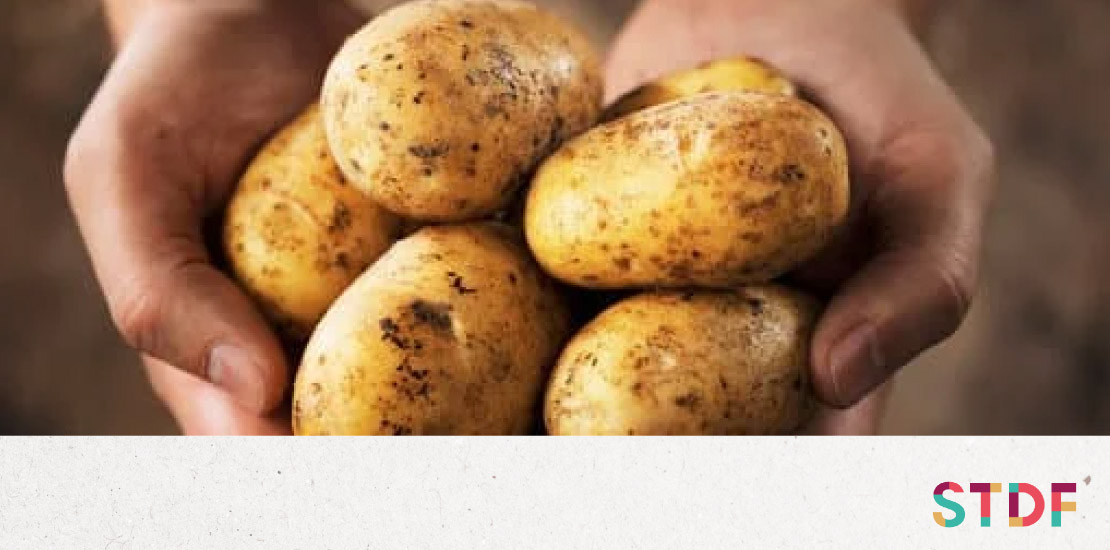Guinea: Strengthening the phytosanitary system
- 13/07/2023
- Posted by: Sandra Borma
- Category: Corp EN, News, Uncategorized

The action to strengthen the phytosanitary and certification system in Guinea aims to strengthen the capacity of the various national actors in the field of phytosanitary protection in Guinea. It aims to promote better application of sanitary and phytosanitary measures (SPS) and better access to international and regional markets for agricultural products from Guinea.
This activity started in October 2019, funded by the Standardization and Trade Development Facility (STDF), the Fit For Market SPS programme and the Government of Guinea. Two main commodity chains are targeted: mango and potato. The goal is for these value chains to facilitate the creation of a phytosanitary monitoring, control, inspection, and certification system that complies with international phytosanitary standards and the requirements of the WTO SPS agreement.
The main activities carried out are focused on four strategic objectives:
Result 1: Improved governance of the phytosanitary system
Draft legislation and regulations consistent with the IPPC and the WTO SPS Agreement have been prepared and submitted to the relevant authorities for validation.
Result 2: Improvement of the operational activities of the phytosanitary system
A risk analysis was conducted using the rapid Pest Risk Analysis (PRA) tool and an official list of pests subject to plant quarantine in the Republic of Guinea was posted on the IPPC website. This required raising awareness among NPPO representatives and training Guinean experts in the methods used to prepare and update lists of regulated pests. In the potato sector, a warning system was developed and tested in three zones. In the mango sector, Guinea’s NPPO was assisted in developing a mango dossier with a view to complying with the new European regulations around pest management. The fruit fly monitoring system was taken over until the end of February 2022, before being continued by SyRIMAO. As part of this outcome, other actions were carried out, such as the implementation of an internal audit system within the NPPO.
Outcome 3: Strengthening the skills of the stakeholders in the phytosanitary system
A sustained capacity building programme has been deployed to enable the various actors (mainly NPPO staff but also experts and producers) to meet the demands related to the evolution of SPS regulations and the new challenges on the markets.
Outcome 4: Strengthened communication dynamics and relationships between the different stakeholders of the SPS system
As part of this outcome, the priorities of the stakeholders in the potato and mango sectors were defined and workshops were held to make concerted decisions with the various stakeholders.
This action was mainly organised within the framework of the project to strengthen the phytosanitary control and certification system in Guinea, funded by the Standards and Trade Development Facility (STDF) and implemented by COLEAD.





